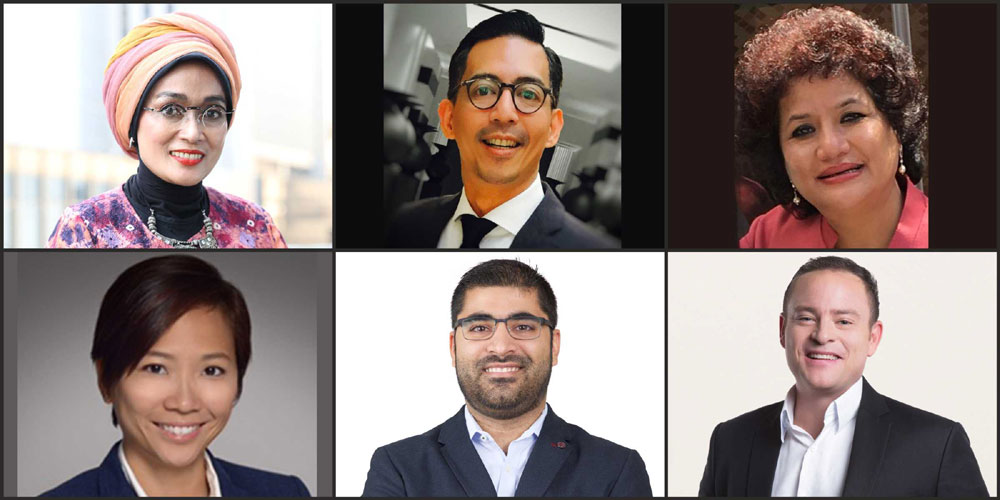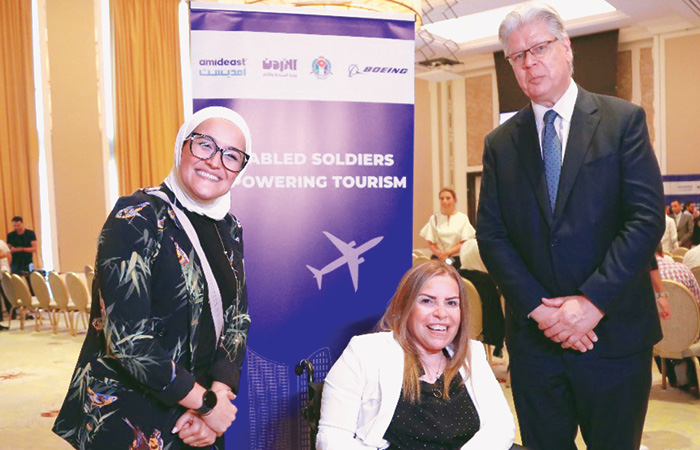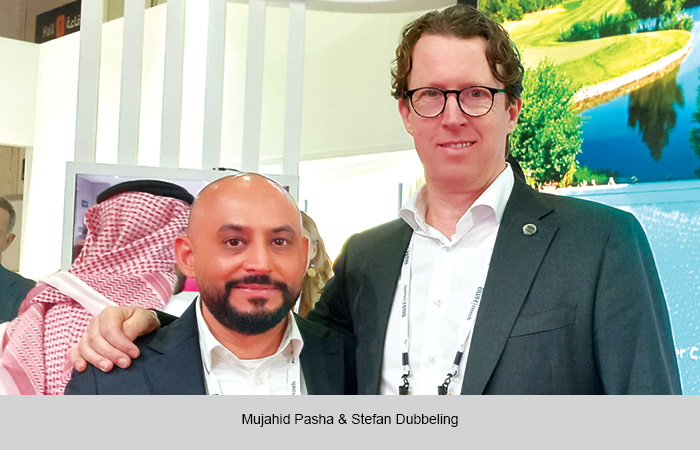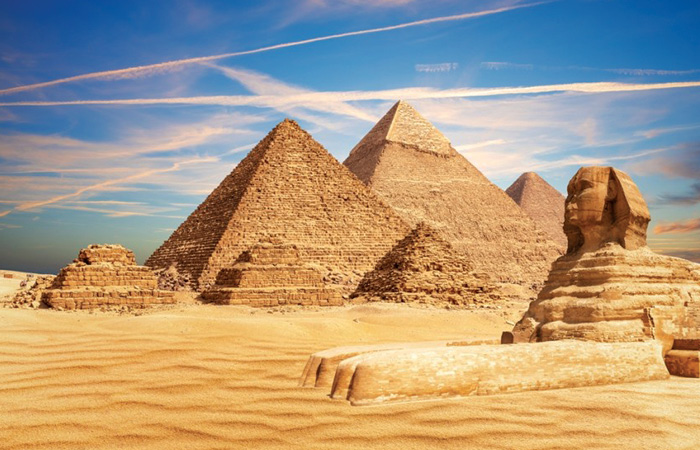Over the years, Middle East has proved time and again their resilience by overcoming crises. Although some stringent measures will apply, it is evident that the tourism industry will start operating with a new normal in place. Some key industry leaders share their thoughts on the new normal.
Nia Niscaya, Deputy Minister for Marketing, Ministry of Tourism and Creative Economy, Republic of Indonesia
Middle East is a very important market for Indonesia. The length of stay and spends by ME tourists is more vis-à-vis tourists coming from other countries. About 60 per cent of the ME arrivals are from Saudi Arabia and Dubai is also the hub for tourists coming to Indonesia from all over the world. Our marketing strategy at this point of time is focused on domestic tourists. For international tourists, we have reconnected with the market with Visit Indonesia. We have been discussing through webinars the measures we are taking with the government to combat the pandemic. Window booking will become shorter and then the demand will be lower, but the supply will be higher so competition will be very hard. When we reopen, we will invite visitors to a cleaner, safer & healthier Indonesia.
Daks Gonzales, Head of Middle East market, Philippine Department of Tourism
We strongly believe that recovery will happen before the end of this year. There are strong indications from the markets that they will be restarting travel. The current scenario is ideal for the so-called ‘armchair generals’. We have to go back to our drawing boards, and come up with answers to the four W’s – who, what, where and why and how, the H. The key is to go into focus marketing and work through partnerships. Our market-based stakeholders have already shared that over 70 per cent of their clients are looking into travel arrangements and that is a very positive sign. For Middle East, we have been informed that both residents and locals are looking at bookings, so the moment it opens they will be travelling. We will be working with the trade and consumer partnerships.
Nandini Lahe-Thapa , Senior Director – Tourism Marketing and Promotion, Nepal Tourism Board
For Nepal, tourism is one of the most important industries and this pandemic has set the industry back, but as a tourism board we are lobbying with the government to come up with packages for the trade. We are also working on recovery and revival strategies. The new normal when destinations open will no longer be the unique places to visit but the health, hygiene and sanitation protocols a destination has in place at every level of your travel. That is something we have been focusing on. We will also be promoting environmental and sustainable tourism. Middle East is an important yet untapped market for us – we are reaching out stronger than before and our subtle messaging campaign on social media will also help. At this point of time we are rebranding Nepal.
Beverly Au Yong, Area Director – (Middle East) International Group, Singapore Tourism Board
Singapore Tourism Board is making use of this time to ensure all areas are addressed in terms of health, hygiene and safety for all travellers. The current pandemic has led to more awareness about hygiene and safety. In the past, people took it for granted but now when it comes to a destination or purchase, the decision will be based on hygiene and safety. In terms of strategy we are instilling confidence in the audience. For the Middle East market, the audience have always been digitally savvy, so our focus will be based on the digital side. Apart from that Middle East has key opinion leaders and influencers, this is another strategy we will use besides leveraging technology to engage people online, partner with trade and consumer brands and keep everyone engaged.
Muzzammil Ahussain, Executive Vice President – Consumer Travel, Seera Group
In the market the bookings have been remodeled and what we have done is on a multi -platform we have decided to identify where in our technology platform we need to make investments. We have been growing so fast and our customers are our partners and at this time we have focused on cleaning up, working on amendments and cancellations. We are doing our best to prepare for the new normal with our technology we provide our customers information so we want to provide good information, good content making our customers more involved. Secondly we are understanding the customer needs; especially our customers in Saudi Arabia, Kuwait and UAE – the first market will be the domestic market that will pick up, so we our understanding their requirements. Third reason, we have over 250 travel guides in Saudi Arabia and we will educate them about travel safety within the destinations.
Paul Wilson, Executive Vice President – Commercial, Cross Hotels and Resorts
We need to learn to live with the corona virus and the world must go on. We are seeing a lot of easing in laws so we started to see our occupancies grow. In the past few weeks in our three properties in and around Bangkok we have seen occupancy going up to 90 and 100 per cent in mid-week, so this shows the changes in how people travel. We still feel there will be changes in the way people have to travel, they don’t have to go to office anymore. We can see people are working from the hotel maybe on Sunday and Monday, so we can see this as a trend. The Middle East has been resilient, it has closed down 30 per cent of the hotels as compared to countries which closed down 70 per cent. When we look at occupancy, especially Saudi, the rate from 39 per cent went up to 49 per cent. Hence, we are seeing a lot of positive traits coming into the market from the region. For us, it is very straight forward why this market is so important to us. Tourists from the region are the second highest spenders after the French.
Inputs by Shehara Rizly
 TravTalk Middle East Online Magazine
TravTalk Middle East Online Magazine





